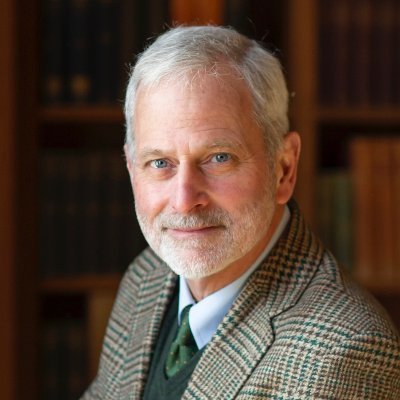The Lawfare Podcast: Brooks, Wohlforth, and Keohane on the Strength of the United States in International Politics
Published by The Lawfare Institute
in Cooperation With

At the end of the Cold War, there was no question that the United States was the most powerful country in the world—militarily, economically, and technologically. International relations scholars call this system, where one country is more powerful than all others, a unipolar one. But most analysts now argue that America’s decline over the last two decades coupled with a simultaneous Chinese rise, has ended the United States’s predominance in international politics, and that the world is no longer unipolar.
Stephen Brooks and William Wohlforth, international relations professors at Dartmouth College, made the argument in Foreign Affairs that while it’s true that the United States’s lead at the end of the Cold War has shrunk, the U.S. remains ahead of all other countries in terms of its military, economy, and technological production. Robert Keohane, Professor Emeritus of International Affairs at Princeton, responded to Brooks and Wohlforth’s article, discussing whether polarity matters for the prevention of a conflict between the U.S. and China.
Lawfare Research Fellow Matt Gluck sat down with Brooks, Wohlforth, and Keohane for a wide-ranging conversation about what it means for a country to be the strongest of them all, the balance of power between the U.S. and China, what the War in Ukraine reveals about Russia’s global standing, and much more.









